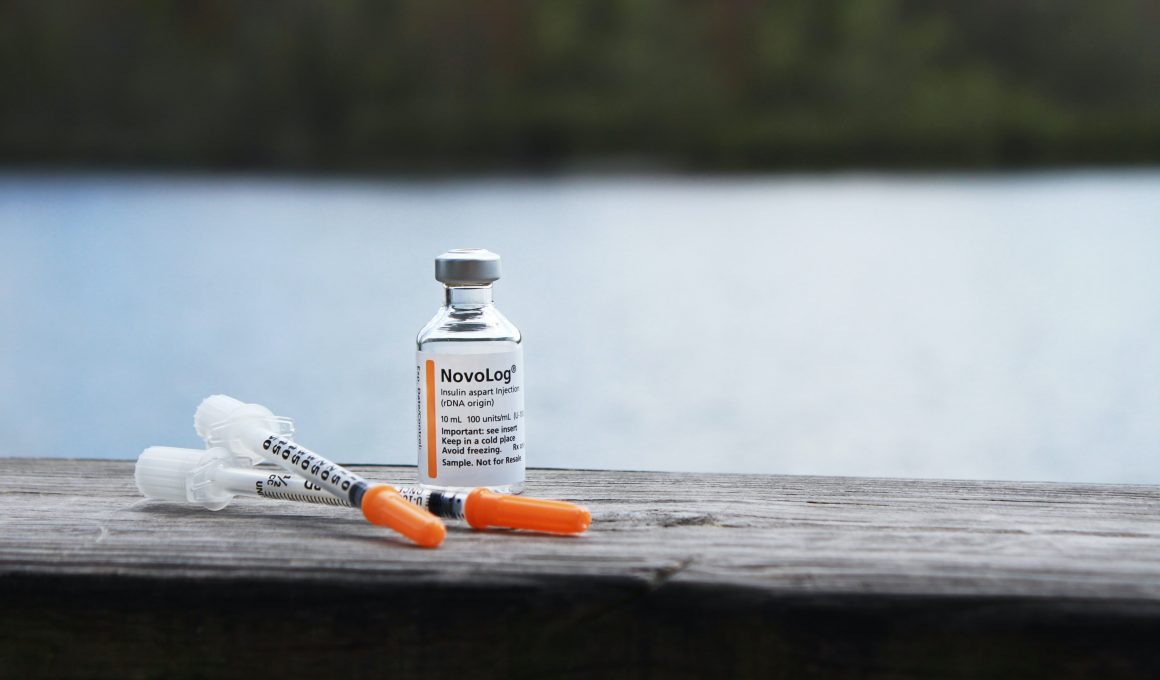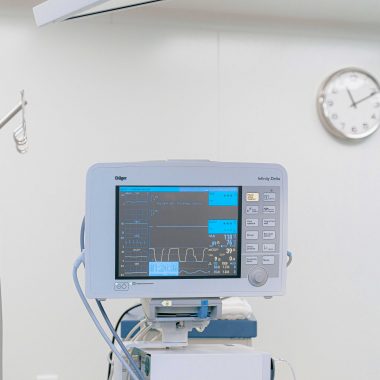Diabetes is a common disease that affects around 10% of the population around the world. Diabetes can be defined as an increase in blood sugar due to a defect in some body organs that are usually responsible for glucose regulation: the pancreas cannot secrete an adequate amount of insulin, the hormone needed to decrease glucose levels. Also, the liver and the fatty tissue cannot uptake glucose from the blood and store it. As a result, the glucose level in the blood will be elevated, leading to brain and kidney damage in the long term.
There are many types of diabetes, but most commonly, there is type 1 diabetes, in which the body destructs the pancreatic cells, inhibiting the insulin release, and type 2 diabetes, in which the insulin released by the pancreas cannot decrease the glucose level.

Management Of Diabetes:
Nowadays, this chronic condition is easily managed. One of the ways is by giving medications that help in increasing the sensitivity of organs to endogenous insulin or by providing the insulin itself exogenously.
According to the latest statistics, 8.3 million People are treated using insulin in the U.S. These numbers are increasing continuously, and it is expected to reach 20% of the population in 2030. The main problem diabetic patients face is the cost of insulin. Insulin is a hormone. It needs a complex process to be extracted and manufactured; it is expensive, and not all patients can afford it. For this reason, people refer to insurance companies to get their insulin. Medicare is an insurance health program related to the government that helps provide insulin pens. It covers 80% of insulin costs, making it more affordable for patients.

Insulin pens covered by Medicare:
In the United States, insulin prices increased between 2002 and 2003, where the average price per milliliter of insulin tripled from 231$ to 736$. These high prices make it hard for patients to afford their treatments, and sometimes they will be obliged not to take their insulin due to their elevated cost. All of this will decrease the patient’s adherence to the diabetic treatment program and increases complications of diabetes (neuropathy and nephropathy).
From all of this comes the importance of Medicare, a federal health insurance program for the person over 65 years. However, even this company needs help in covering the insulin cost.

Insulin savings program Medicare
Insulin Pens are devices with a needle used to inject insulin. Even though insulin pens are expensive, it increases compliance. It is used efficiently by children, adults, and old diabetic patients.
Insulin savings program Medicare aims to save money for patients to take insulin at a specific cost. It addresses the needs of 3.3 million people who use insulin in the U.S. Also, Medicare insulin offers patients all the insulin supplies for free.

Medicare insulin
A patient may ask: Do we have to have a prescription to get Medicare insulin? The answer is no because it is safe, and most drug companies sell it over the counter. According to IMS Health, about 15 % of people who buy insulin in the U.S. purchase it without a prescription. However, it is always preferred to refer to the endocrinologist before taking insulin because he is responsible for his patients and should monitor their blood sugar levels weekly, assess their compliance, and check for complications.
Also, prescriptions for insulin will help insurance companies organize their work so that they will give the insulin pen to only those who need it.

Civica Rx insulin:
Civica, a global IT-based service, decides to minimize the medicine shortage. As a result, they started working to make high-quality generic drugs affordable to everyone. Also, they revealed a strategy to manufacture insulin at less than market prices and deliver it once approved.
In conclusion, we should always accept that diabetes may be a complex disease and diabetic patients strive to remain alive. However, an appropriate treatment will be enough to have a normal life after understanding it. Therefore, it is recommended that diabetic patients visit their endocrinologist monthly and be aware of all complications that may occur.








